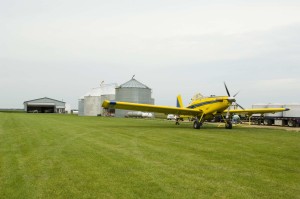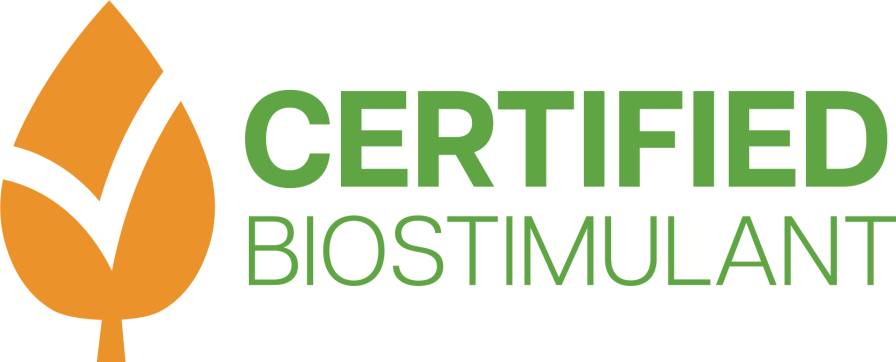Decision Time: Buy The Planes Or Partner With Pilots
 Retailers can meet grower demand for aerial application in a number of ways. Several CropLife 100 companies have chosen to invest in their own planes – in some cases purchasing entire aerial businesses – and to navigate the complexities that come with this service. Other retailers contract with local independent pilots to meet their growers’ needs.
Retailers can meet grower demand for aerial application in a number of ways. Several CropLife 100 companies have chosen to invest in their own planes – in some cases purchasing entire aerial businesses – and to navigate the complexities that come with this service. Other retailers contract with local independent pilots to meet their growers’ needs.
Doing It Yourself
Let’s start with the plane. Some of the latest turbine aircraft with capacities of 500 gallons can cost more than $1 million. Then there are the expenses associated with maintaining the aircraft. Unscheduled engine overhauls, for instance, can cost as much as $300,000 depending on the complexity of the job, says Craig Bair, aerial SSE manager at Wilbur-Ellis Co. And don’t forget the hangar space needed for the plane.
Also consider staffing – you need a qualified pilot and a skilled mechanic nearby, as well as a trained ground crew. Pilots want to take a job with an operator that has a proven track record of being able to keep an aircraft and operator busy, says Bair. If there is not enough work for him in a trade area, a dealer will have to cultivate work elsewhere.
Pilots need to meet the requirements of state and local authorities to be cleared to conduct aerial application from the local airport. Then too, there are state and federal licenses to get in time to do aerial applications and the ongoing training needed to maintain them.
As for mechanical expertise? “There are not many aircraft mechanics familiar with the specialized equipment installed on the modern spray plane,� Bair warns.
Service expenses extend from personnel to a product and fuel delivery infrastructure and operating costs as well. And more funds are needed for liability insurance and safety measures.
One final financial aspect: consider proper depreciation lives for airframes and engines, says Loren Koeman, regional business analyst with Wilbur-Ellis Co. “Tax depreciation often does not match up well with actual lives of components.�
When Contracting Works
In light of the demands of owning and operating planes, most industry members we talked with thought contracting with an aerial business is the best way to provide air application, especially in the Midwest where the time frame for using the pricey equipment is so short.
“In the past we have talked with and done business with retailers that have tried both owning and contracting. In my personal opinion using a local aerial applicator is the best choice,� says Derek Shannon, Townsend Aviation, Monticello, IN. He says these pilots are usually experienced veterans.
Having control of the timing of applications for customers is one of the biggest concerns a retailer might have about contracting, but planning ahead is a great help. Mike Carrell, branch manager with Ceres LLP, Wingate, IN, says at winter meetings with customers, his company will often offer a prepay discount on fungicides. Customers will buy and request an aerial application, then Carrell can go to his aerial applicator to at least offer an initial idea of the number of acres to be serviced – so pilots can schedule accordingly. Tony Goede, aerial manager with BASF, estimates that 70% of the aerial application market is still last-minute, though pilots do have a feel for the volume of work that could hit their area.
Goede says the other biggest worry for retailers when hiring out for aerial work is trust – an issue that also emerged from our reader survey. “For years the ag pilot has simply been summoned in emergencies in Corn Belt geographies,� Goede says. The retailer has had limited contact with him, which decreases the chance to build a trusting relationship. The solution is to find a good ag pilot who takes the time to build relationships and who runs his business honestly.
Return on investment typically is not high with either owned or contracted planes, Koeman admits, but aerial application is definitely one way to differentiate a business from other retailers.





